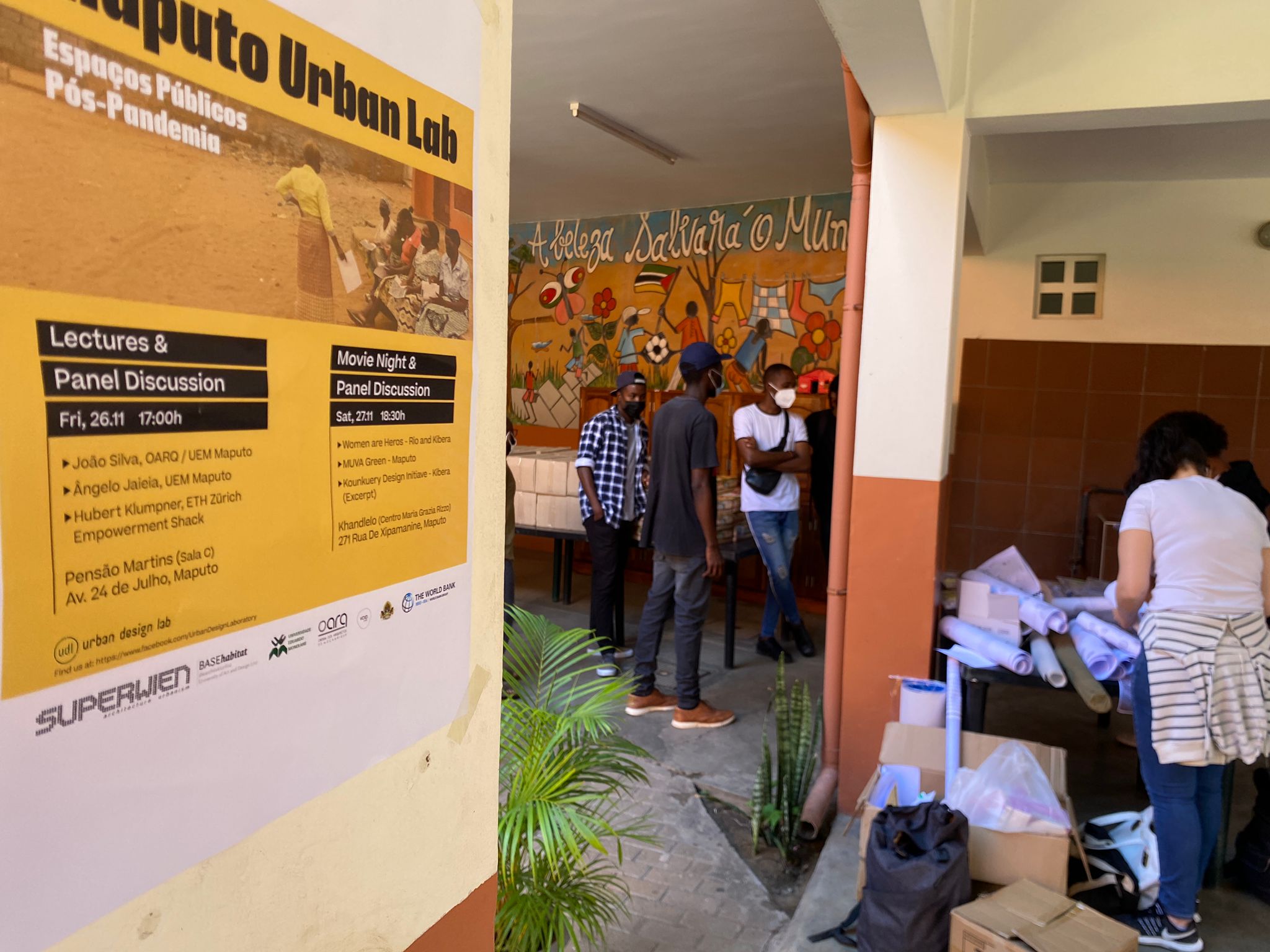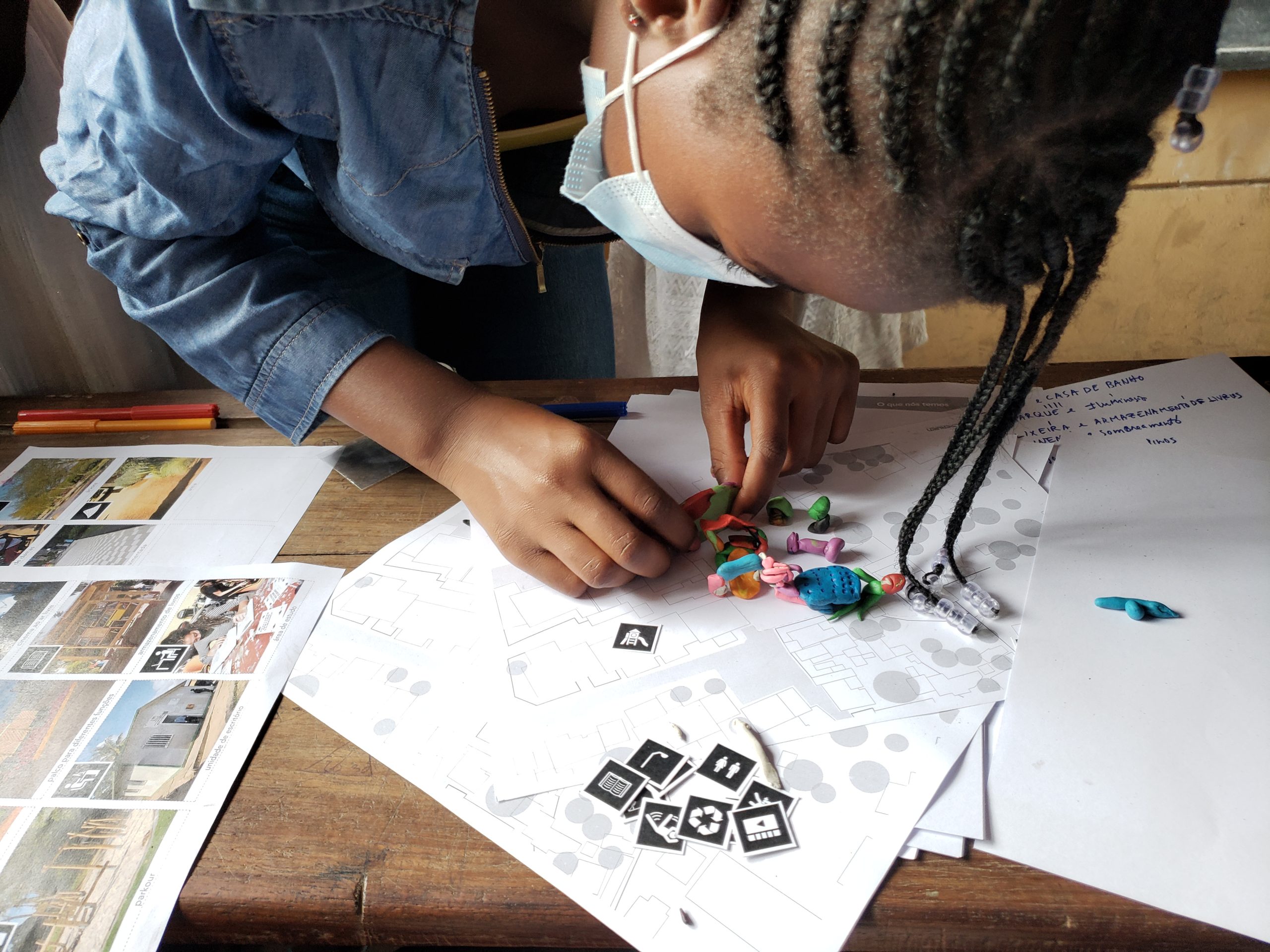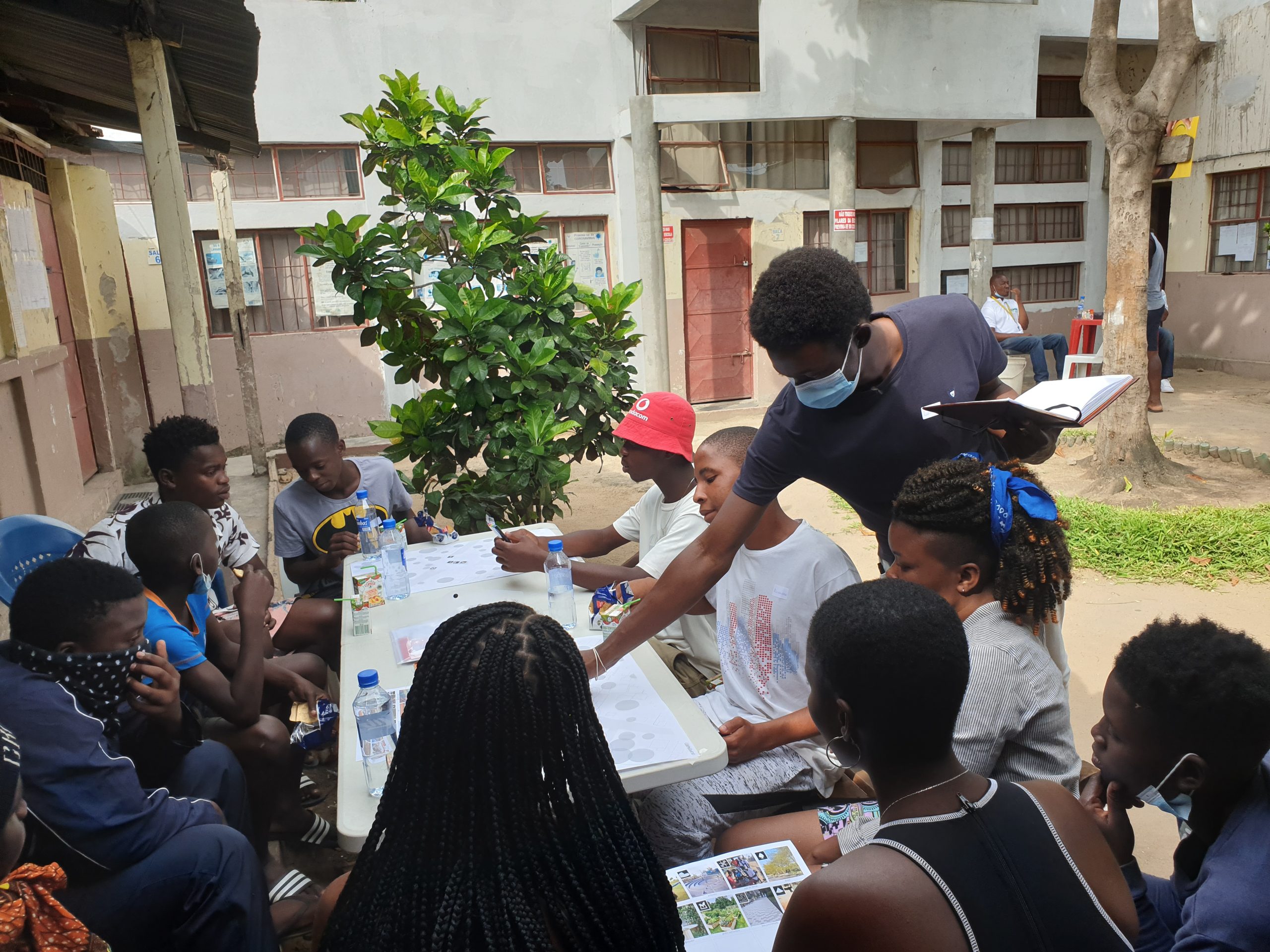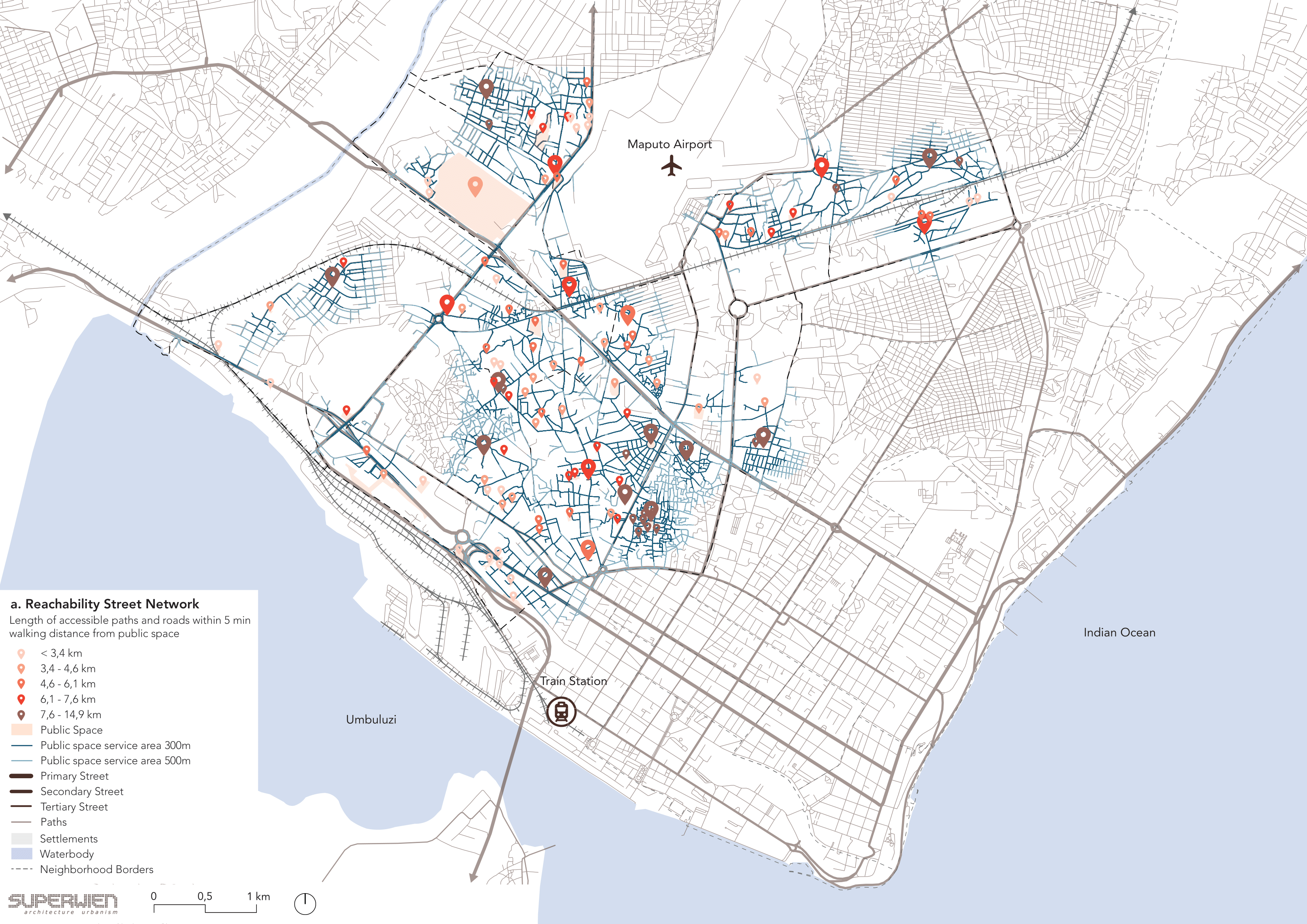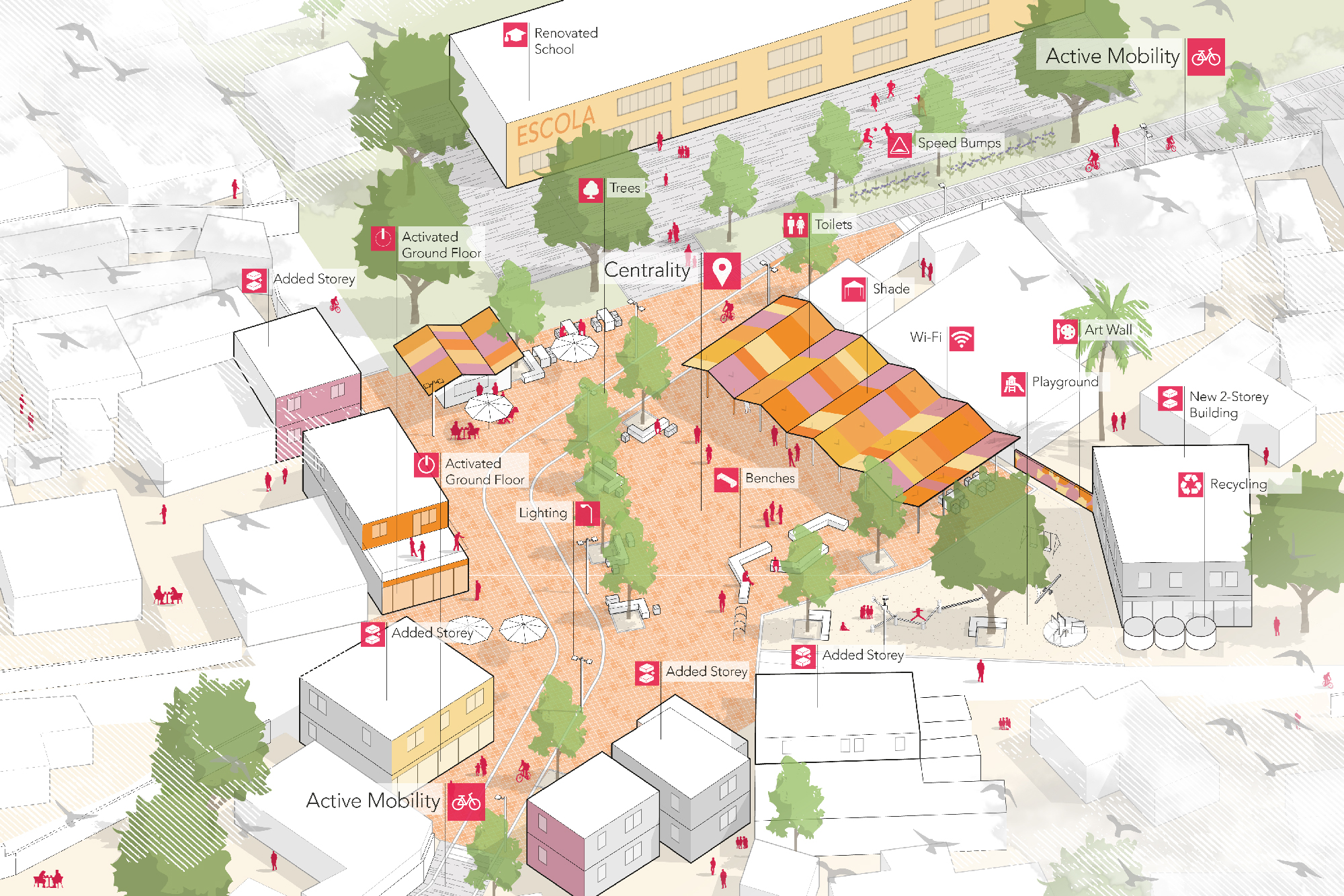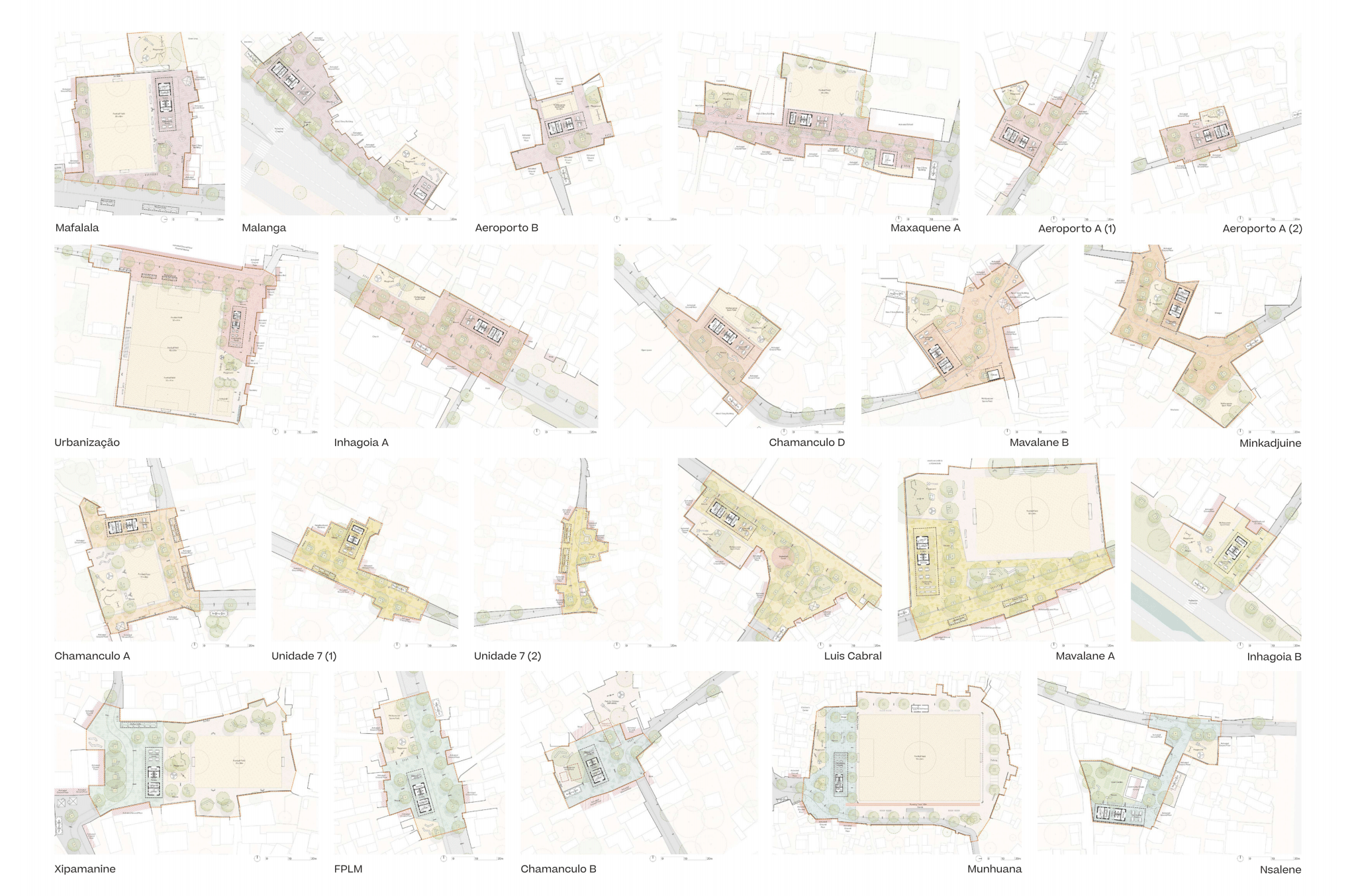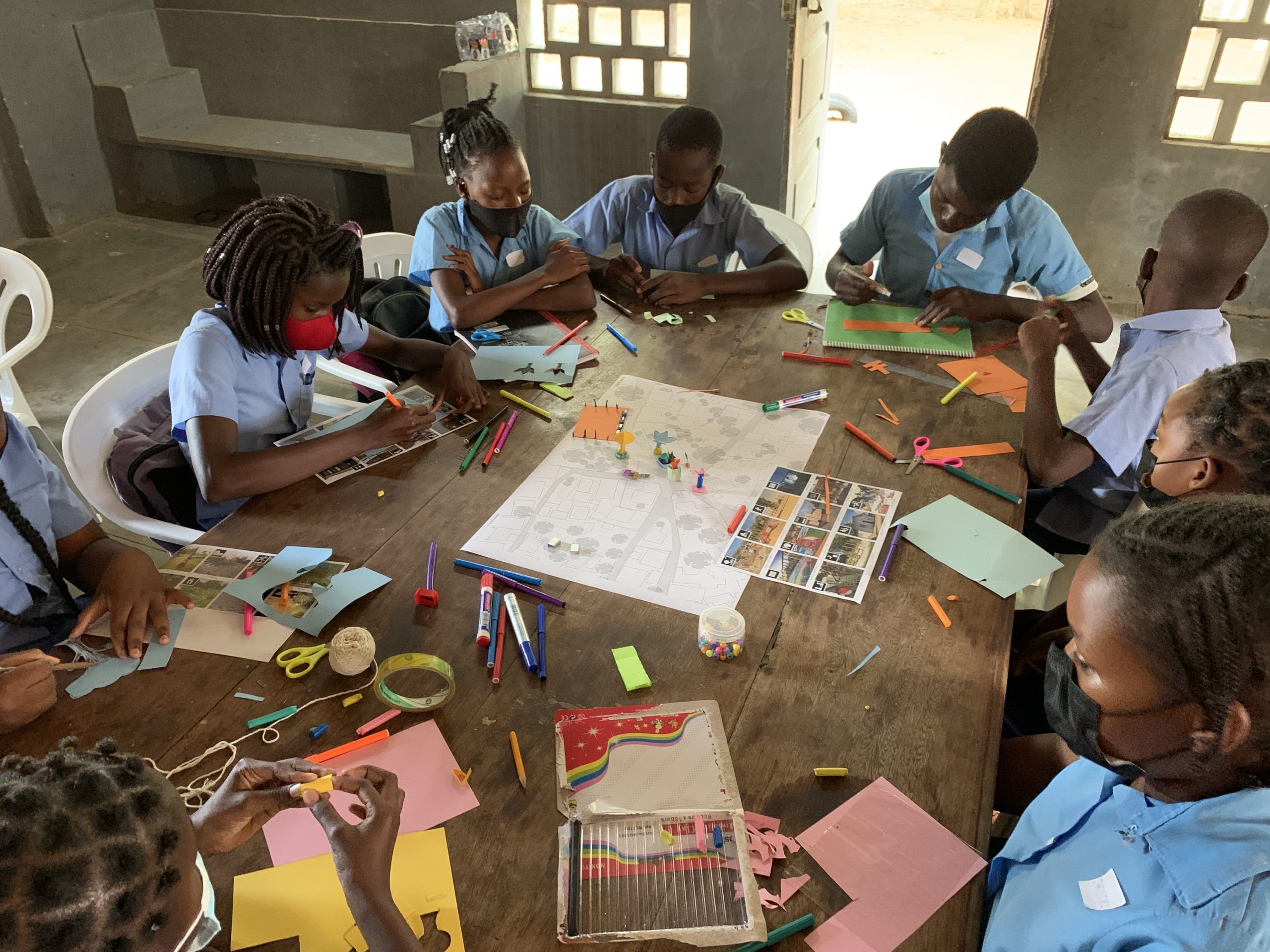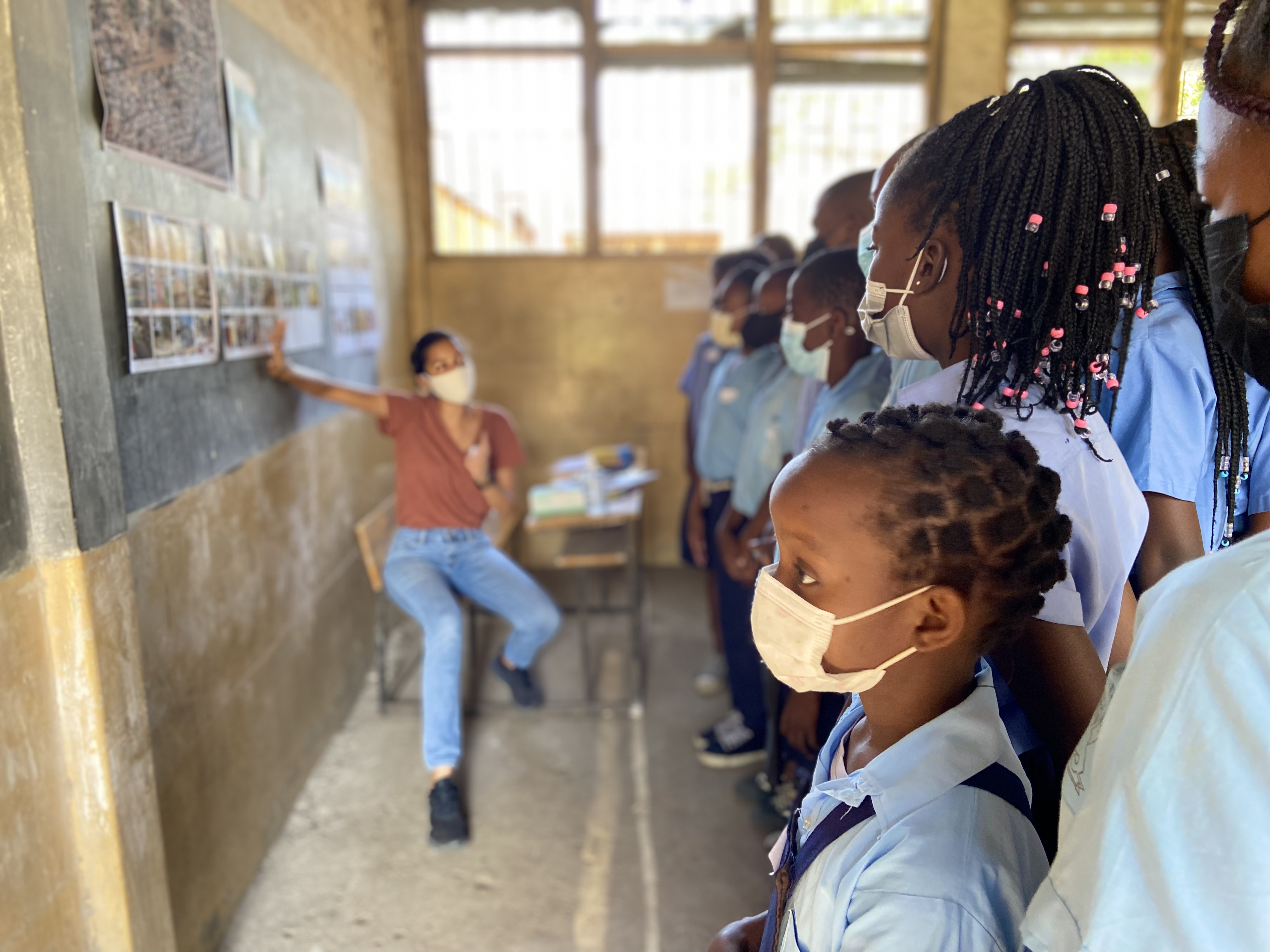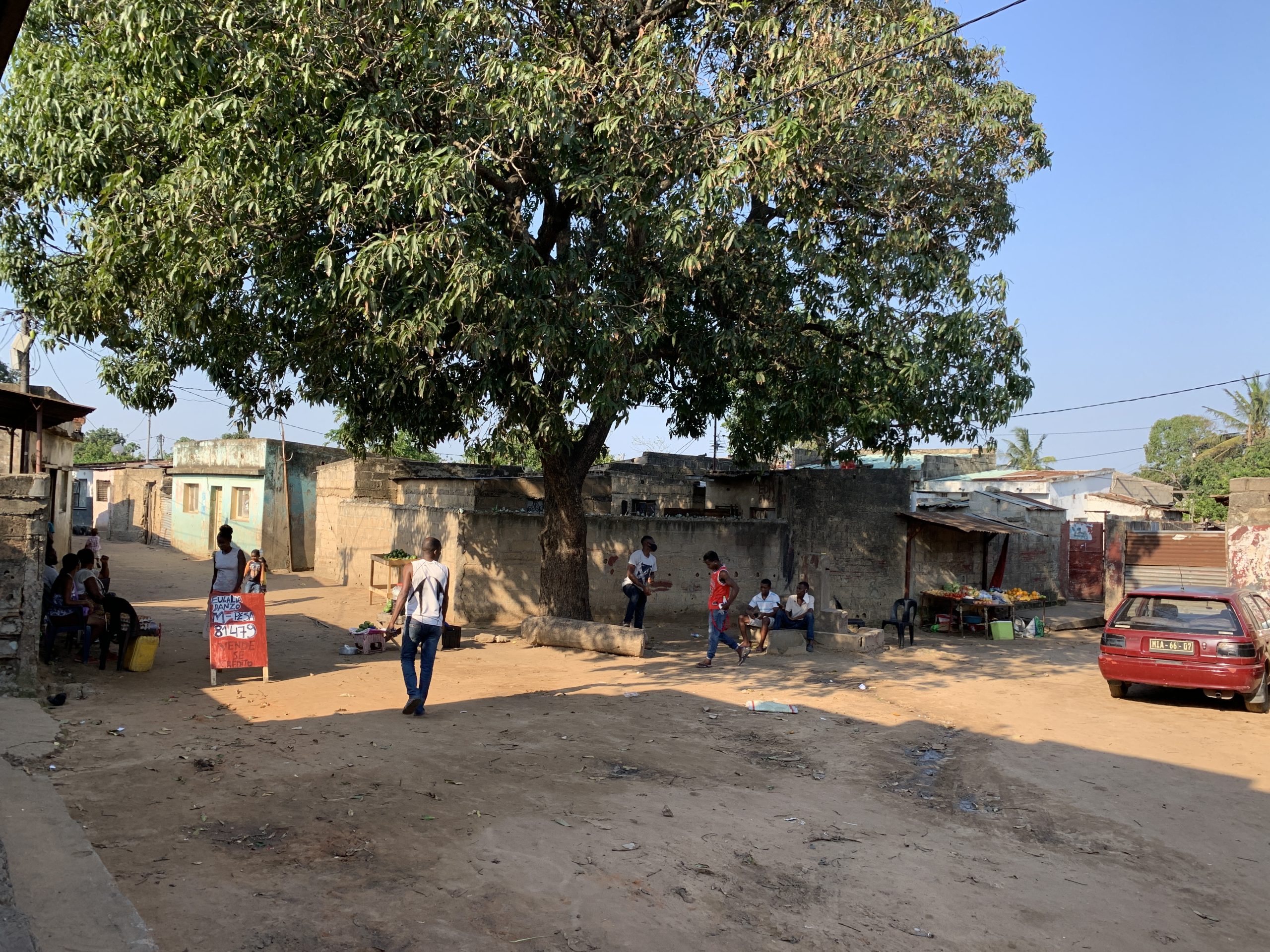Maputo – Participatory Urban Design
Urban Transformation of Informal Settlements
Year
2021-2022
Status
Completed
Location
Maputo | Mozambique
Client
World Bank
Collaboration
Universidade Eduardo Mondlane
In the context of the Participatory Urban Design Consultancy for World Bank superwien supported the Municipality of Maputo in the Urban Transformation Project (Projecto de Transformação Urbana / PTUM), which seeks to implement highly ambitious investments in, and challenging reforms to Maputo’s urban infrastructure.
The project goal was to upgrade public spaces in 20 neighborhood and create an active mobility network interconnecting them. It focused on the urban transformation of the informal settlements spread around Cidade Cimento, working on the rehabilitation of one open public space per neighborhood. Public space is seen as an important structuring element in the informal urban fabric that is essential as a meeting place for conversation, activity, and recreation purposes, just as much as for commuting and the fulfillment of everyday needs. Hence, the goal was to turn a public space within each settlement into a multifunctional community space and neighborhood centrality, as well as rehabilitating 20 km of Active Mobility Network to connect pedestrians and cyclists on a city-wide scale.
The project sites, 20 neighborhoods, comprise an area of approximately 17.26 km2 and the project benefits more than 264,054 people. A GIS-based Multi-Criteria Analysis was used to select the public spaces with criteria such as the walking distance to public transport and points of interest. Through a set of many diverse, innovative and creative participatory tools the specific need at each of the public spaces could be assessed and co-create the designs in the Maputo Urban Lab. The project had the aim not only to work out a public space project integrated into the other projects but, also, to include local residents, academics, students, and practitioners in a wide-ranging participatory planning process. In order to develop successful and meaningful public spaces for the residents of Maputo, we applied a dialog-oriented planning and co-creative design approach.
The main goal has been to increase the sustainability and inclusiveness of interventions through institutional, policy, or governance changes as well as investments in urban infrastructure. Developments were implemented following 7 key elements and strategies: maximizing public spaces and area densification, community porches as a multifunctional design centerpiece in public space, the economic reactivation of the area, the installation of diverse and inclusive urban furniture, developing a sustainable and green infrastructure, establishing local co-creation and maintenance and the integration of basic infrastructure and security aspects in the design. They were applied in line with previous analysis and took into account the characteristics and needs of each space individually.
The Project is Part of the “Participatory Urban Design” project to develop innovative designs for urban public spaces in three different cities: Dhaka (Bangladesh), Maputo (Mozambique), and Santo Domingo (Dominican Republic).


